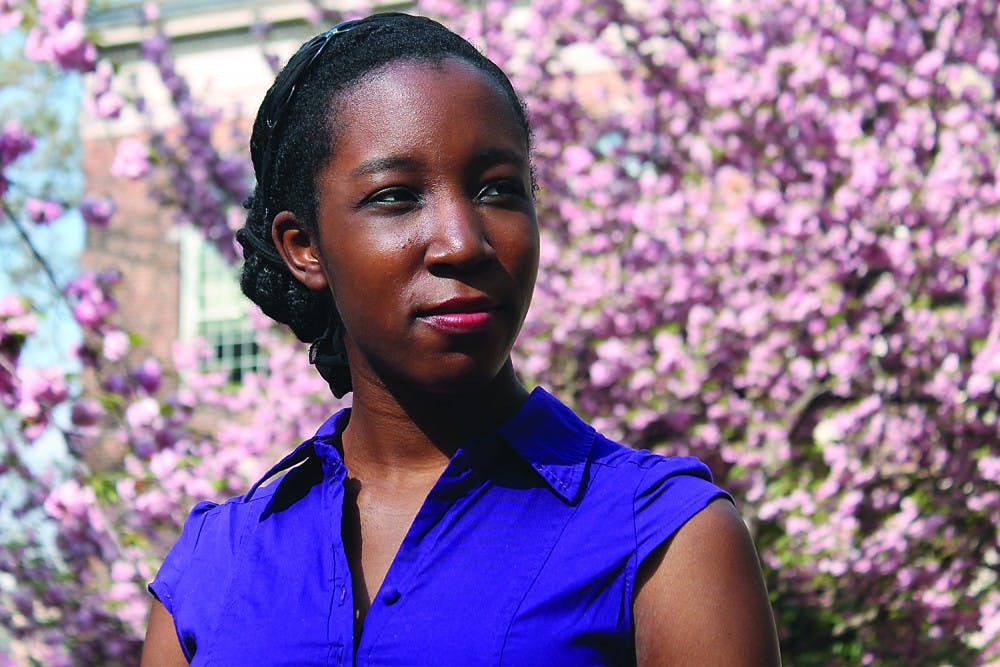She avoided raising her hand in class. Her teachers rarely called on her.
In reality, she had tested positive for a speech disability at a young age. She has difficulty with stuttering and stringing words together.
Through years of speech therapy, she learned to steer herself through the English language. By the time Lauren was navigating the buzzing crowd of the Pit her freshman year, she had largely reined in her speech impediment. But when she began elementary Japanese her sophomore year, Lauren started back at square one with her disability.
“My speech disfluency became a problem again when I started taking Japanese because the sentence pattern is different and just getting used to the flow of new language,” she said. “(It) just added a whole other layer of difficulty that’s already really hard.”
At a university where students pride themselves in openly expressing their beliefs, it can be difficult to find one’s voice, especially when dealing with a disability, Toppin said.
“You kind of feel like you’re overlooked on campus,” she said. “I feel like at Carolina there are a lot of really confident, smart, outgoing students. It can be intimidating, especially if you have a disability and feel like you can’t live up to the standard.”
Upon the re-emergence of her stuttering, Toppin said she began searching for a club or support group for students with communication disorders. She said she called the hospital and asked UNC faculty, but there was no specific group for people with speech problems. She then contacted Advocates for Carolina , a group focused on a broader scope of student disabilities.
Toppin said the environment of Advocates allows people to embrace differences and raise awareness for disabilities. She said in time she started viewing her disability in a more positive light, and eventually decided to fulfill her life dream of traveling to Japan.



